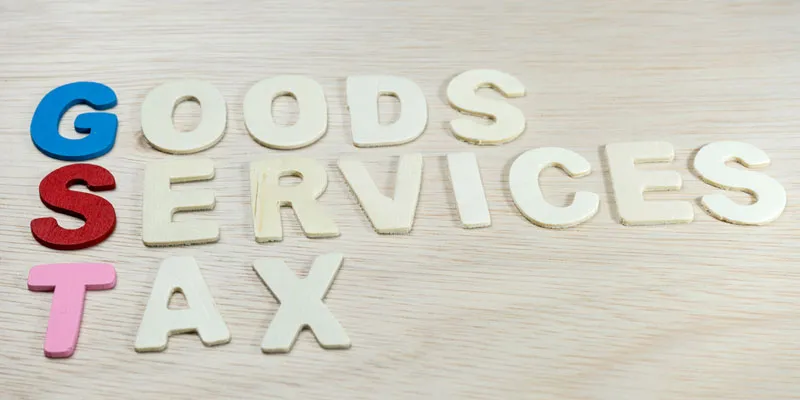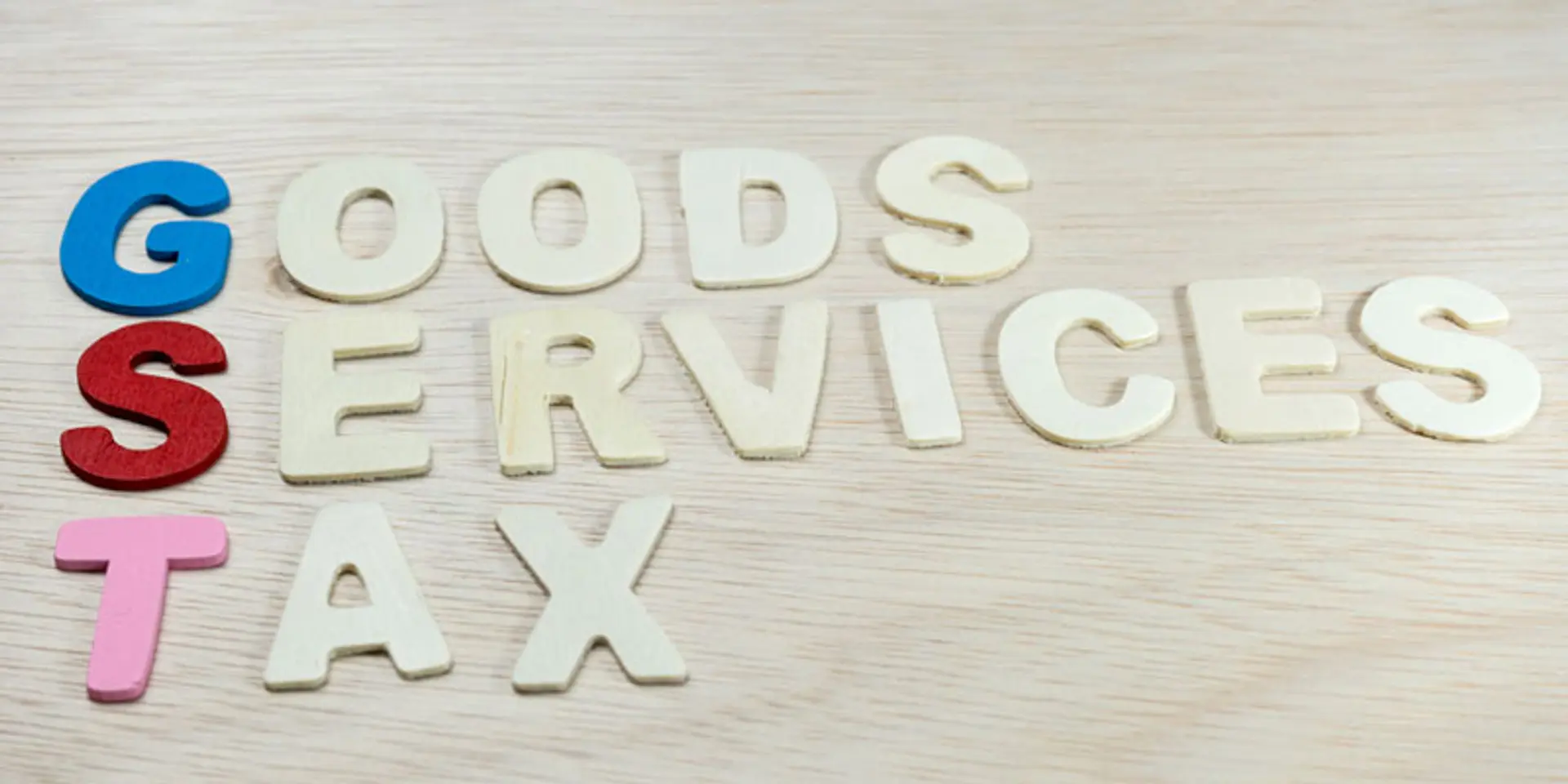Industry is prepared for GST rollout from July 1, says CII
As the GST Council meets to finalise issues before the Goods and Services Tax (GST) is implemented from July 1, industry lobby CII said on Sunday that Indian industry is ready for the rollout of the pan-India indirect tax regime.
"GST is the most significant indirect tax reform introduced in the country since Independence," Confederation of Indian Industry (CII) Director General Chandrajit Banerjee said in a statement here.
The GST will replace the existing myriad Central and State levies on goods and services.
"GST has been finalised after a collaborative and consultative approach and we look forward to its introduction," he added.
The agenda of the GST Council meeting here currently underway includes discussion on postponing the requirement for filing returns under the GST as the IT infrastructure required for it is not yet ready.

CII said it is organising over 100 workshops across the country to enable enterprises to comply with the new regulations.
The workshops are expected to reach out to around 5,000 enterprises. A helpline has been established where participants can request for clarifications, it said.
An awareness campaign has also been launched to inform industry about the processes related to GST, the statement added.
GST to rollout on July 1, two slabs for lottery, hotel rooms
The GST Council on Sunday unanimously agreed on July 1 rollout of the GST despite some pending issues, with Union Finance Minister Arun Jaitley saying that India does not have the "luxury of time" to defer implemention of the new indirect tax regime.
Regarding the government's preparedness, Jaitley noted that over 80 percent registered entities have already received their provisional GST registrations.
"If you take from the old system of registrations, then there are 80.91 lakh assessees, of whom some will get excluded. Registrations are going on satisfactorily and 65.6 lakh have already taken provisional registration, which is good enough to file returns," he said, adding that some new trades will come under the GST for the first time.
In this connection, the Finance Minister said that the Council has allowed businesses a relaxation of time for the first two months (July-August) for filing their returns. These would also need to submit only a simple declaration initially, and would have time to furnish the exact "invoice-by-invoice data" later.
The GST Council on Sunday also decided on a two-slab structure for taxing lottery tickets, which Jaitley said proved to be a contentious issue.
While state-run lotteries will be taxed at 12 percent under the GST, state-authorised private lotteries will attract tax at the highest rate of 28 percent.
The Council deferred a decision on e-way bills due to lack of consensus, which means states which have an e-way bill structure in place can continue with it, while others are exempt.
The e-way bill will be optional under the GST, as decided by the GST Council.
Briefing reporters here during a pause in the Council's 17th meeting, Andhra Pradesh Finance Minister Yanamala Ramakrishnudu said that he has requested that textiles and fertilisers be exempted from the GST.
He also said that commercial tax from all border posts will be removed from July 1 with the implementation of the GST.
Ramakrishnudu also said that the Council turned down all the other representations for revision in rates, after it had agreed to revision for a numeber of items at its previous meeting here on June 11.
Maharashtra Finance Minister Sudhir Mungantiwar said that the e-way bill will be optional under GST.
"States which have an e-way bill structure in place can continue with it. However, since Maharashtra does not have a e-way bill facility, the state will not be implementing it," he said.
The Council also considered the revision of tax on hotel rooms and decided that while those in the range of Rs 2,000-Rs 7,500 a day tariff would face 18 per cent tax, rooms with daily tariff above Rs 7,500 would be taxed at 28 per cent. Restaurant service in five-star hotels would attract 18 per cent tax, Jaitley said.
He revealed that only three states -- Tamil Nadu, Punjab and Jammu and Kashmir -- are still to complete their necessary legisaltive formalities for implementing the GST regime.







